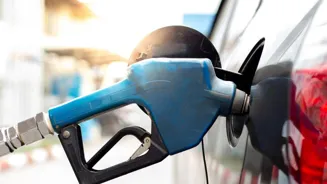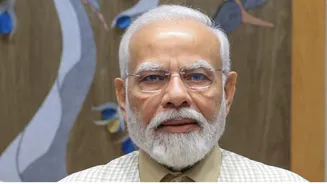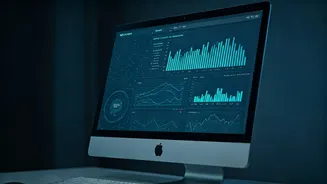The debate over ethanol-blended petrol (EBP) in the automobile sector has intensified after a cautionary statement from Toyota regarding the use of E20 fuel in certain models. The issue, which revolves
around whether higher ethanol content damages engines, comes just weeks after Union Road Transport and Highways Minister Nitin Gadkari declared EBP to be “the fuel of the future”.
The latest controversy emerged on the popular automotive forum TeamBHP, where a user asked Toyota whether it was safe to run their Urban Cruiser on E20 petrol. Toyota’s support team responded that the model was designed for E10 fuel and should not be run on E20. The company advised owners to strictly follow the fuel specifications mentioned in their car manuals.
When asked whether the warranty would remain valid if E20 fuel was used, Toyota’s reply was a blunt “no”. The automaker clarified that any engine damage caused by using fuel not recommended in the owner’s manual would not be covered under warranty.
This position starkly contrasts with statements from other manufacturers. Tata Motors has said all its vehicles are E20-compliant without risk, while Bajaj Auto has echoed the same, adding that owners of older BS3 motorcycles should use a fuel system cleaner to address ethanol-related deposits.
The concern for consumers is compounded by the fact that the government has steadily increased ethanol blending in petrol, with many fuel stations now supplying E20 as standard petrol. For vehicles not designed for it, Toyota warns that prolonged use could cause damage, and owners would be left footing the repair bill.
Insurance coverage adds another layer of complexity. Reports suggest that most insurers will not cover damage resulting from the use of incorrect fuel, meaning that if a non-E20-compatible car suffers engine failure due to ethanol content, the cost may fall entirely on the owner.















